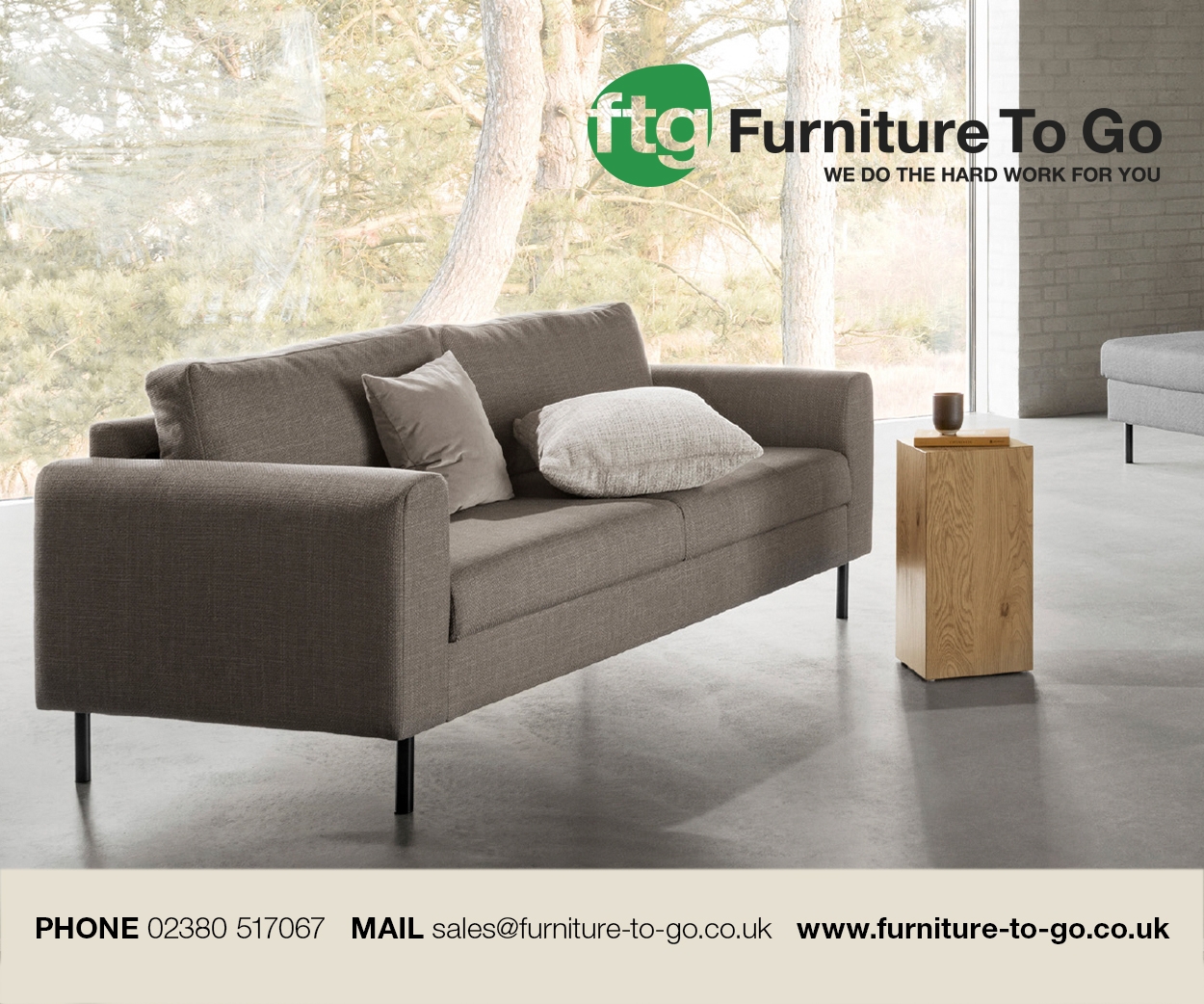Does ‘going green’ matter more than ever?
While our collective memories of 2020 will be dominated by Covid-19, the start of the year saw a very different topic dominating the headlines. In Australia, bushfires raged. NASA proclaimed 2019 the second-hottest year on record. Addressing the World Economic Forum in January, Swedish activist Greta Thunberg said: “Our house is still on fire. Your inaction is fuelling the flames by the hour. We are telling you to act as if you loved your children above all else.”
As we entered a new decade, there was a widespread sense that it was a make-or-break moment in the ongoing environmental emergency facing our planet. Commentators urged us to go electric, recycle, lobby Government, to do whatever it took to make a difference and start to reverse the damage caused by years of excessive production and consumption.
Then, perversely, nature took a hand. A global pandemic eclipsed all else, travel was limited and emissions dropped, and many of us reflected on the future.
Whether this pause has a lasting impact, or is erased as we hurriedly make up lost ground, is yet to be seen – but more people than ever now recognise the planet’s health as the most important issue of our time, and demand for sustainably produced goods and services is growing.
From manufacture to delivery, the furniture industry is a significant agent of production and consumption, and will be a major player in this movement. Already, a huge number of suppliers and retailers are putting sustainability at the heart of their business, and striving to find better ways to operate.
In February's Furniture News, we asked a range of experts for their views on the changing nature of the green movement, where their priorities lie, the challenges in communicating the benefits, and more. We started by asking them if they thought the pandemic had catalysed or slowed the shift towards ‘greener’ furniture …
Alun Watkins (national secretary/executive director, Programme for Endorsement of Forest Certification (PEFC) UK, and chair of the Furniture Industry Sustainability Programme (FISP): The pandemic has definitely catalysed a shift to greener everything. People working from home, less travel and increased use of green spaces has given people a chance to think about the environment and the impact their actions have. Hopefully this will lead to more questions being asked at the point of sale. We are already seeing this with the anti-plastic campaign.
Richard Naylor (group sustainable development director, Hypnos Beds): No, it hasn’t in terms of our roadmap to develop new sustainable initiatives – however, the ability to launch these initiatives within ‘new product launches’ has been and remains a challenge due to the cancellation of exhibitions/shows. We have lots of exciting, groundbreaking sustainable innovations for new products that have had to be delayed, while some innovations, such as our sustainable, carbon-negative plastic, can be launched in real time.
Mandy Carmody (owner and founder, Quality Solutions (Technology)): I would like to think it has made us humans stop and think about life and the planet in general a little more than before. With documentaries highlighting global warming and deforestation, these issues have been brought to our attention much more over the last several months as we’ve all had more time on our hands.
Supply chains around the world have come to a halt at some point, which has delayed products for so many companies and increased container costs, and consumers may be focusing on UK-made product more than before.
We all strive to improve, and want greener furniture, but once the world starts to move around more freely and travel in general goes back to some kind of normal, will focuses shift onto other matters? I hope not.
Susan Inglis (executive director of the Sustainable Furnishings Council (SFC)): Here at SFC we see that the pandemic has, indeed, catalysed the shift towards more environmentally safe furnishings. Being at home all the time, consumers are all the more aware of indoor air quality, and anxious not to further compromise it with furnishings that off-gas noxious VOCs. Further, 2020 was a year of many environmental disasters, which has raised consumer awareness of the importance of taking responsibility – including by considering what their furnishings are made of and how they are produced.
Ruairi Giles (commercial director and head of sustainability, Harrison Spinks): At Harrison Spinks we have been pursuing a more sustainable future for over a decade and have taken huge steps in this direction throughout the last 18 months. Some of our achievements include the development of our award-winning Cortec spring unit, our 100% recyclable Velocity collection and the transition to foam-, glue- and FR chemical-free manufacturing.
I think the general shift has been hastened by mainstream events relating to the cause, like David Attenborough and Blue Planet 2, Greta Thunberg, and increasing natural disasters and wildfires across the world. The global pandemic has certainly meant people are now more focused on what’s important, too.
Marlene Greenhalgh (MD, Ammique): I believe that it has catalysed the shift – hopefully to be mobilised before it’s too late. As pestilence bears down upon us, I’m not sure what else might persuade us that the threat to our habitat – and our very existence – is real.
My hope is that, consequently, we will be motivated to adapt rather than to continue to spew more empty rhetoric. There appears to be a willingness to act. At last, we seem to be acknowledging that we must change our behaviours, as consumers and as producers, individually and together – locally, regionally, nationally, and internationally. Let’s hope we can reach consensus urgently to act at a global level in a co-ordinated and planned way.
It worries me that governments persist in stressing the importance of growth as currently measured in GDP, despite warnings from renowned economists that it is not (and never was) feasible to chase higher and higher GDP, which is fuelled by consumption and continues to strip our planet’s resources faster than our planet can replenish them. We cannot continue to rely on a flawed measure borne of a failed system based on false ideologies.
The fact is that if we revert to the treadmill of consumption and exponential growth as if we have no choice, we are relegating future generations to a dismal fate. In these times of pollution, fires, floods, wars, waste, and now, plague, let’s hope we are being coerced to listen and to change our senseless globalised financial systems to a more effective, more egalitarian values and rewards system, using economic, ethical, and environmental metrics.
Roger Durrans (CEO, Jay-Be): From our observations, we feel that the pandemic has certainly catalysed the shift towards greener furniture. People have become very conscious of health and are beginning to appreciate much more the close interconnection between the environment and how protecting it plays a crucial role in helping to protect health.
Read more from the eco-experts in February's Furniture News.











